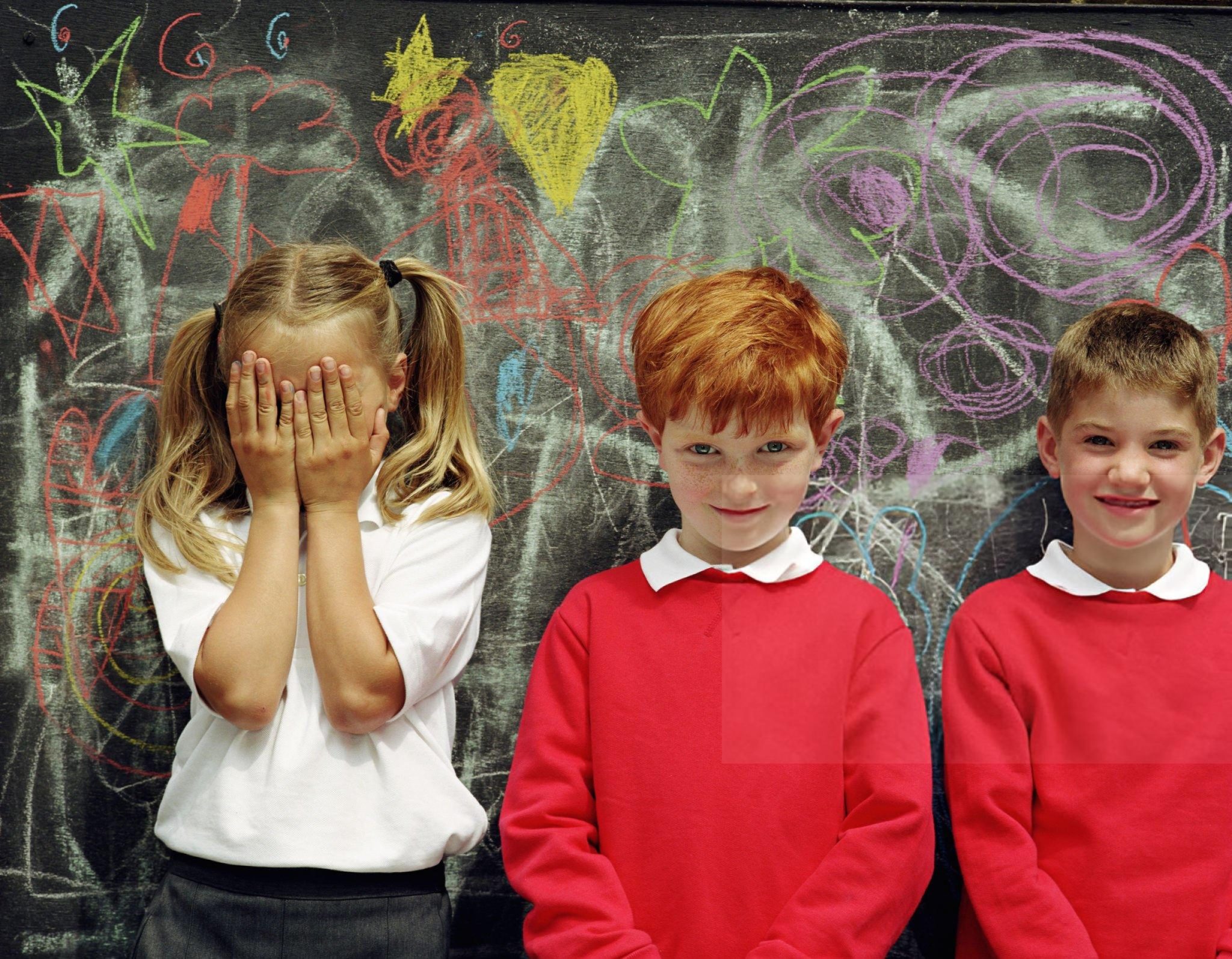Relations between parents and schools are at a breaking point, with serious consequences for pupil behaviour in classrooms across the country, the NASUWT teaching union has warned.
Delegates at the union’s annual conference in Liverpool have raised grave concerns about the erosion of parental responsibility and the growing challenges faced by teachers. A motion passed during Friday’s session called for the union’s executive to formally recognise that a deteriorating relationship between parents and schools is having a “detrimental impact” on pupil behaviour.
The motion follows the release of a stark survey conducted by NASUWT in January, which revealed that 81% of teachers have witnessed a rise in violent and abusive behaviour from pupils. Alarmingly, two in five respondents reported being physically assaulted by students in the past year, with incidents including punching, kicking, pushing, and spitting.
Gary Upton, a delegate from Buckinghamshire, expressed frustration over the increasing influence of parental behaviour on children’s conduct. “It seems that a lot of the behaviour we have from our students comes from much parental behaviour,” he said. “Teachers find themselves at the mercy of unscrupulous disciplinary procedures just to appease parents.”
He also described how some schools have resorted to implementing staged protocols to manage aggressive parents, including restrictions on when emails can be sent and when visits to school premises are allowed. “If it’s OK for the NHS to express zero tolerance towards this behaviour, it’s OK for us,” he concluded.
Norfolk delegate Lindsay Hanger stressed that maintaining behaviour in schools is a fundamental right for all pupils. She argued that schools need stronger powers to ensure parental accountability, including appropriate sanctions for those who fail to support behaviour policies.
“I think the Government needs to go further, with a strategy to ensure that all parents of school-aged children are expected to uphold the behaviour strategies or risk their child being denied their place in the classroom,” said Ms Hanger. “The right of every child to an education needs to be more robustly followed up by taking responsibility away from the small minority of parents who are abdicating this responsibility.”
Andrew Dunkley, another delegate from Buckinghamshire, echoed these sentiments, warning that some parents are actively undermining teachers’ authority. “We’re seeing an increasing number of parents who want to run our classrooms for us,” he said. “They encourage their children to be defiant and refuse sanctions.”
Mr Dunkley noted that while parental engagement has traditionally been welcomed, the boundaries of their involvement have become increasingly blurred, particularly in the wake of the pandemic.
The motion passed by the union referenced a growing number of reports of “extreme pupil indiscipline”, including the presence of knives and other weapons in schools. It urged the union’s executive to collaborate with Government to ensure that teachers receive “unequivocal support” in enforcing discipline.
Among the motion’s recommendations were tougher behaviour management guidance, the rejection of “no exclusion” policies being normalised within the education sector, and the introduction of mandatory time for teachers to access national continuing professional development (CPD) in behaviour management.
A spokesperson for the Department for Education responded to the concerns raised, stating: “All pupils and staff should feel safe and protected at school and should never face violence or abuse.”
The department acknowledged that the current system is under strain and reaffirmed the Government’s commitment to tackling poor behaviour. “Our Plan for Change places a relentless focus on giving every child the best start, no matter their background,” the spokesperson said, highlighting initiatives such as free breakfast clubs in every primary school, which have been shown to improve behaviour, attendance, and overall wellbeing.
As calls for greater support and clearer lines of parental responsibility grow louder, the issue of classroom discipline is likely to remain high on the educational agenda in the months to come.






